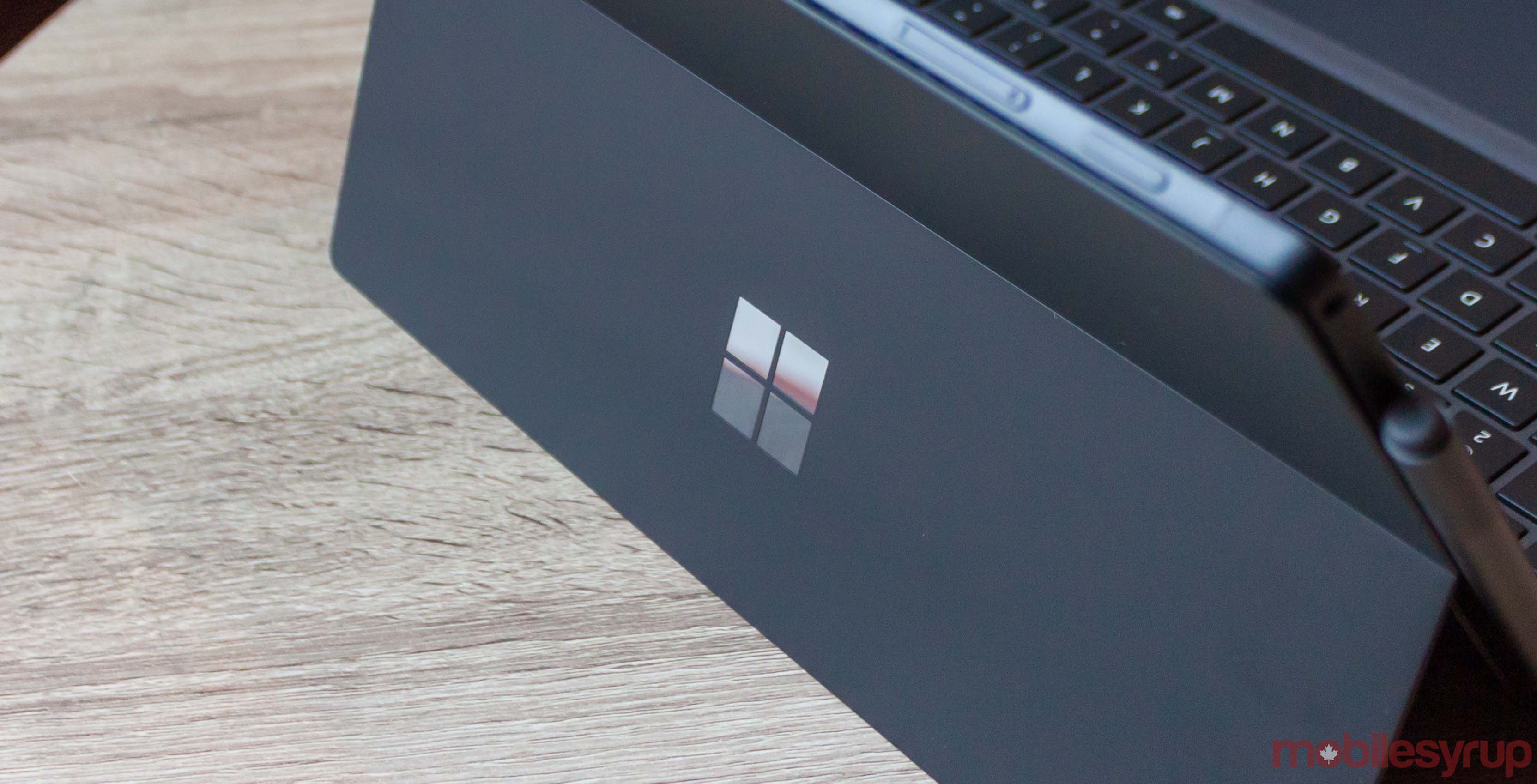
Foldable devices are coming, and Microsoft is working to ensure Windows will work on those devices.
According to a report from The Verge, sources familiar with the Redmond, Washington-based company’s plans say it’s making foldable devices and dual-screen hardware a significant investment area for both Windows and Surface.
Part of that investment is making Windows, and its many built-in apps, work across foldable displays and devices with dual screens.
We already know Microsoft is developing its own foldable devices, like Andromeda and Centaurus. However, the company is reportedly working with Intel and other OEMs to prepare for an era of experimentation. Dual-screen devices could potentially spark a range of new form factors from manufacturers similar to how Windows 8 lead manufacturers to build a variety of 2-in-1 products.
The first Windows 10 build designed for foldable devices — rs_shell_devices_foldables — was spotted by BuildFeed earlier this week. This likely means Microsoft has a dedicated team working to adapt its Windows Shell to foldable hardware.
Regarding the Windows Shell, there are two main areas we know Microsoft is working to support dual-screen and folding devices: the Composable Shell (C-Shell) and Windows Core OS.
C-Shell is a more adaptive version of the Windows Shell that powers parts of Windows 10 already, while Core OS is a modular version of Windows we’ve seen briefly in products like the Surface Hub 2.
We could also see Core OS in HoloLens 2, which suggests this version of Windows is highly modular.
However, don’t expect these new form factors to be limited to Intel. Likely, we’ll see several devices using ARM-powered chips as well.
For that matter, foldable devices won’t be a solely Microsoft affair. Foldable phones are on the way as well, and Google plans to launch support for folding Android devices this year. The way things are shaping up, 2019 could set the stage for redefining the form factors of phone, tablet and laptop.
Source: The Verge
MobileSyrup may earn a commission from purchases made via our links, which helps fund the journalism we provide free on our website. These links do not influence our editorial content. Support us here.


